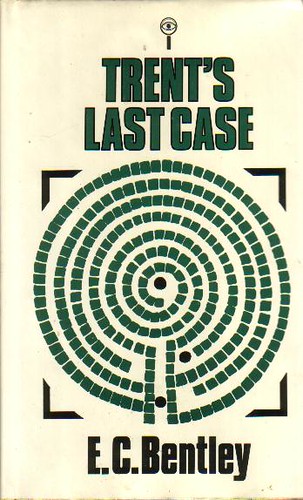"Worst of all, they are sent off into this world with the whole baby-boomer theology ringing in their ears. If you sample some of the commencement addresses being broadcast on C-Span these days, you see that many graduates are told to: Follow your passion, chart your own course, march to the beat of your own drummer, follow your dreams and find yourself. This is the litany of expressive individualism, which is still the dominant note in American culture....
Fulfillment is a byproduct of how people engage their tasks, and can’t be pursued directly."
- David Brooks, NY Times, May 30, 2011
I'm looking at another day of work lost due to a sick family at home, and I have to admit I've been begrudging it. When one of my chicken-pox-covered kids was whining in his bed every 5 minutes last night I was not pleased with his interruptions of my preferred evening routine and my desire, later, to sleep. David Brooks is right in what he says about society, and he is right in what he pinpoints in us personally. Well, in me, at least. This selfishness is not simply "culture's" fault nor the fault of any one generation, of course, but let's face it: We are not helped one iota by the climate in which we live. Heaven forbid our churches contribute to this climate. Heaven help us to serve when called upon, and even to do it joyfully. This just might be the hardest thing in the world. Even as I agree with this article, I find it hard to get up from this and go and truly serve rather than go my merry way.






